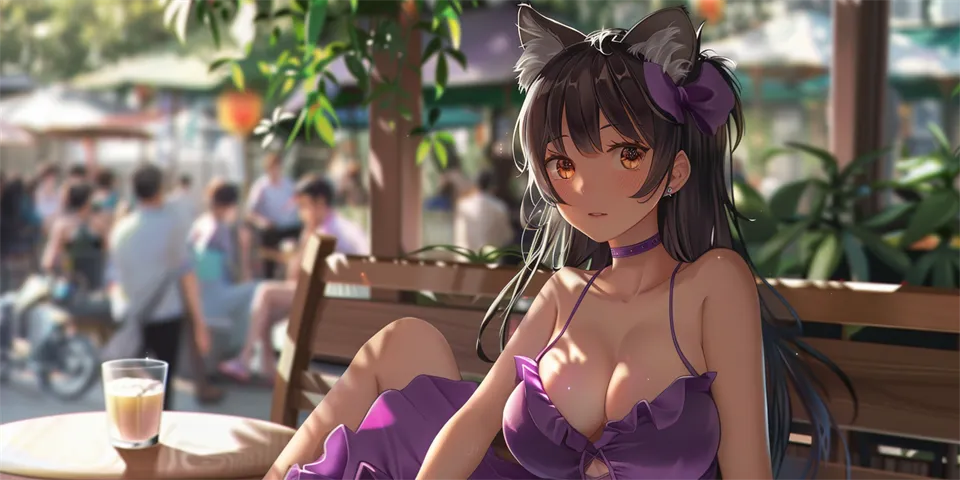Does historical fiction equal to fanfiction
The ongoing debate: is historical fiction equivalent to fanfiction? At first glance, one might quickly dismiss this notion. However, there is a growing argument among literature critics and enthusiasts alike postulating that historical fiction could, in fact, be considered a form of fanfiction. While the two genres differ in ways that might seem obvious, they share certain valuable aspects. The examination of these similarities and differences will advance our understanding of these popular literary genres. So let's delve into this provocative comparison.
Understanding Fanfiction
Fanfiction in its most basic definition is a form of fiction which pushes characters, situations, and/or worlds from an original work created by fans of the particular work, rather than its original creator. Primarily published on online platforms, it allows fans to partake in an existing narrative, stretching their creativity while demonstrating their engagement with the work.

Websites like Fanfiction.net and Archive Of Our Own (AO3) are teeming with fan-created stories crafted with care by fans of different media franchises, offering a place for fanatic followers to reinvent the universe in their image. Often laden with alternative realities or deep character development, fanfiction serves up stories that the original cannot or will not accommodate within its established universe.
The Nature of Historical Fiction
Historical fiction, on the other hand, is a genre of literature that recreates persons, places, and events of the past. Historians are tasked with creating an interesting yet informative storyline that steers clear of fabrication. These narratives often provide insightful perspectives on the past, giving readers a rich and full understanding of the time period in question. Also, they shape significant historical events and people within a fictional narrative that offers emotional context.
The Crossover
While it may seem at first glance that these two genres are worlds apart, they share a fundamental property. In both cases, the author is stepping into a world not of their original creation. They take largely known characters, events, or periods and incorporate their interpretations or perspectives.
Both fanfiction and historical fiction utilize pre-existing worlds as a backdrop against which their stories unfold, whether that universe is derived from a historical past or an original narrative. The writers of both genres rely heavily on existing knowledge, creating interpretations of the world around them.
Respect for Original Material
One key area of similarity between fanfiction and historical fiction is the respect for original material. The writers of both genres usually strive to remain true to the original works. Historical fiction attempts to uphold historical accuracy, while fanfiction seeks to maintain the authenticity of the original narrative and its characters. Both writers uphold a certain standard regarding the original works and view them with reverence.
Creative Freedom
While historical fiction and fanfiction both operate within pre-existing worlds, they also create an opportunity for writers to exercise creative freedom. Fanfic authors can create alternative realities, pair up unconventional couples, or even kill off major characters. Similarly, historical fiction writers can make conjectures or predictions to offer fresh perspectives on a well-known event or period.
Expanding the Universe
Another remarkable similarity is that both genres offer a means of expanding the universe of the original work. Fanfiction can offer a more profound exploration of characters, relationships or events that were not fully developed in the original work. Similarly, historical fiction can make the past more accessible, making historical figures more relatable by using fiction to fill in the gaps.
Common Questions
Q: Is historical fiction considered fanfiction?
A: It's a matter of interpretation. While they're different in nature, they share some commonalities like both being derived from pre-existing works and allowing the writer creative freedom within certain boundaries.
Q: Do both genres disrespect the original work?
A: On the contrary, both historical fiction and fanfiction writers usually hold high respect for the original work. They are aware of their responsibility to truthfully represent it.
Q: Can fanfiction be considered legitimate literature?
A: As with any genre, the quality of writing can vary. However, many works of fanfiction are extremely well written and thought-provoking, and contribute significantly to the literary world.
Conclusion
The debate on whether historical fiction can be equated to fanfiction is one that will likely continue. While they have clear distinctions, they also share some elemental similarities that bear highlighting. Though the comparison may seem unusual, it suggests broader understanding and recognition of the diversity and potential of literary genres.
Of course, generalizations cannot apply to every piece of historical fiction or fanfiction. There are always exceptions. But at their core, both genres represent a tribute to the original work, a bridging of the past and present, and a testament to the power of narrative to bring new life to established realities.
References
Hellekson, K., & Busse, K. (2014). The Fan Fiction Studies Reader. University Of Iowa Press.
Green, John, and Daniel B Wallentin. 2012. Fan Fiction and Fan Communities in the Age of the Internet. Jefferson, NC: McFarland & Company, Inc., Publishers.
